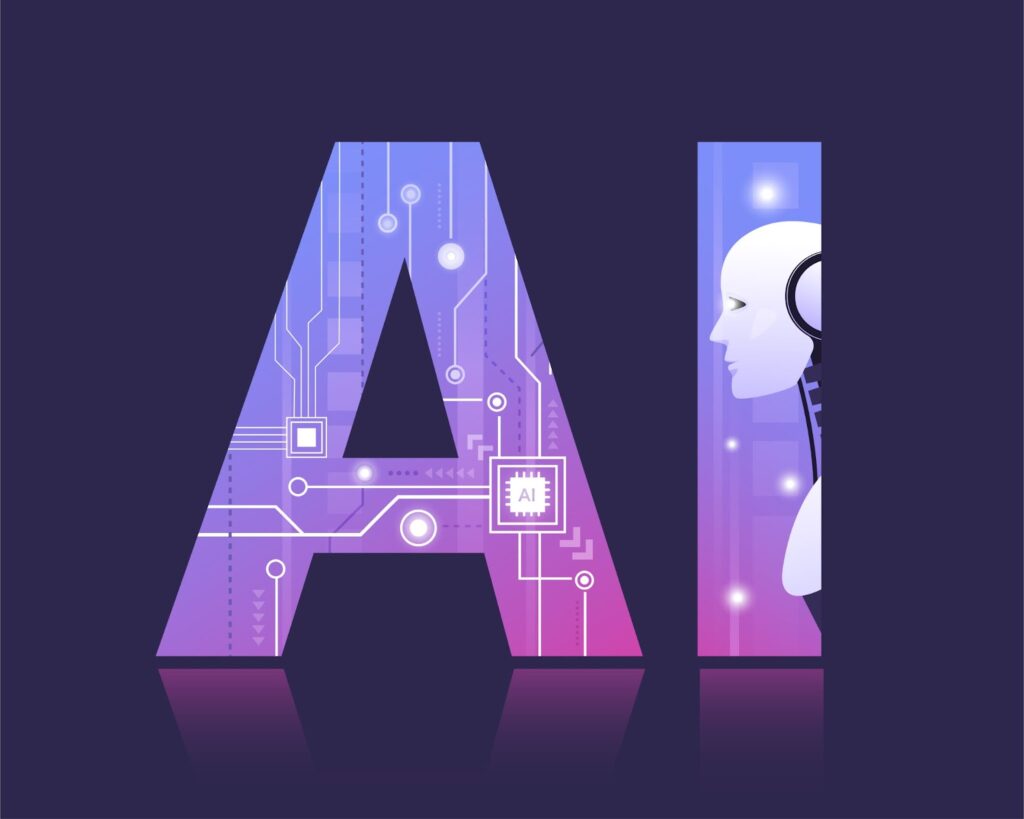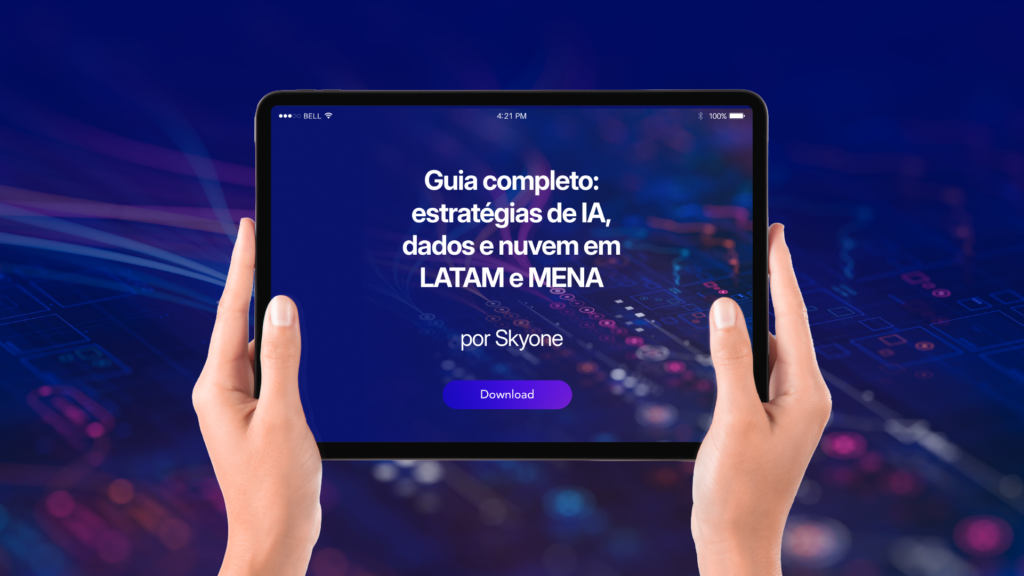In recent years, AI agents have ceased to be simple assistants to take on complex tasks within organizations. According to Gartner , by 2028, 15% of daily work decisions will be made autonomously by AI agents, and a third of corporate S software should incorporate intelligent agents features.
This advance reinforces the transition from a reactive model to a proactive and autonomous , in which agents are able to perceive the environment, make decisions and act based on contextual data. The trend points to a future in which these systems become , not just operational partners
What are AI agents?
AI agents are artificial intelligence -based systems capable of perceiving the environment , making decisions and performing actions with a high degree of autonomy. They can be:
- Reactive: respond to immediate stimuli.
- Objectives based: seek to achieve specific goals.
- Utility based: calculate the best possible action.
- Learning: evolve with data and experiences.
This evolution was possible thanks to advances in Machine Learning, LLMS (Large Language Models) and access to real -time data structures such as lakehouses, modern architectures that combine the best of data lakes and data warehouses.
Agentic Ai vs. AI Agent: What is the difference?
AI Agent (Ai Agent)
broader and more technical term , which describes any artificial intelligence system that:
- perceives the environment (inputs);
- Make decisions based on rules or objectives;
- It performs actions in the real or digital world.
Examples:
- A chatbot that answers questions;
- An agent that updates the ERP based on received data;
- An agent who sends automatic alerts about KPIs.
That is, it is a functional entity , with a certain degree of autonomy, but can be reactive and limited to specific tasks.
Agentic Ai
It is a subcategory (or evolution) of AI agents, a more conceptual and emerging that emphasizes proactivity, complex goals and initiative .
Characteristics of Agentic AI:
- Capable of defining subobjectives on their own;
- Acts with intention and action plan , not just reactivity;
- You can collaborate with other agents or humans;
- Closer to intentional human behavior.
Examples of Agentic Ai:
- An assistant who, when receiving a goal (such as “increasing sales”), defines strategies, tests actions and learns from the results ;
- A system that detects future operational failures and takes preventive actions without human intervention .
Challenges and attention points in the use of AI agents
Despite advances, there are still important concerns that should be taken into consideration when putting an agent in a productive environment (especially if it is without supervision):
- Data Privacy: As agents access sensitive information, data governance is essential.
- Explanability of decisions: It is important to understand how and why an agent came to a decision.
- Automation Ethics: Agents should follow clear guidelines to avoid algorithmic prejudices.
Trends and the future of AI agents
Gartner projects that AI agents will integrate most business systems, becoming an essential part of organizations' digital infrastructure. Some trends include:
- Multimodal agents: with capacity to process text, image, video and audio.
- Collaboration between multiple agents: interacting with each other to solve complex tasks.
- Predictive Automation: Agents who learn with historical standards and make decisions based on projections.
Skyone's role in the transformation with AI agents
In this accelerated evolution scenario, Skyone stands out with Skyone Studio , a complete solution for creating, publishing and automating intelligent agents.
In addition to gathering all the resources on a unique and intuitive platform Skyone Studio 's great differential is to allow companies to create and operate AI agents based on their own data , safely, governed and without exposing information sensitive to outdoor or unknown environments.
This ensures full control over automated flows, respecting privacy, confidentiality and sovereignty of corporate data.
This technology integrates four pillars that support the creation and use of high performance AI agents:
These components act as a complete infrastructure , which connects data, logic and automation to develop agents that perform real actions in management systems, CRM, customer service and other critical business processes.
Practical applications of AI agents in companies
With Skyone Studio, companies are building intelligent agents that transform their operations. See how this applies in practice:
1. Automation of operational tasks with smart assistants
Imagine an agent that automates processes within the ERP. It can generate financial reports based on updated data, issue salary alerts or send notifications to operational teams. In service environments, agents integrated with WhatsApp are able to access databases, identify customers, solve requests, and trigger automated flows without human intervention.
- Automation of routines within ERPs (eg SAP B1)
- Service by WhatsApp with data based decisions
- Generation of automatic reports via commands in natural language
2. Integration between various operating systems
Integration between tools such as CRM, ERP and email marketing platforms is a recurring challenge. AI agents can connect these tools intelligently. For example, when completing a CRM sale, an agent can feed the ERP, firing a welcome email and triggering the financial for issuing ticket, all in seconds.
- Creation of flows that integrate tools such as HubSpot, Zoho, Salesforce and SAP
- Monitoring of kpis and automated alerts
- Data synchronization between sectors without human intervention
3. Automatic dashboards and decisions based on real -time data
Companies that operate with large data volumes can set up agents to monitor KPIs, issue deviation alerts and take actions based on predefined criteria. These agents also feed dashboards and automatic reports, optimizing the analysis and response process.
- Dashboard Development for KPI Monitoring
- Reduction of up to 90% of operating costs via automation with AI
- Ready -made dashboards with Power BI, metabase and other platforms

Read also: I was going to autonomous agents: when technology resolves conflicts alone
Successful cases with AI agents
The solution is already used by companies such as Panasonic, Pay Less and Wish Group, with significant results:
- +1.5 million monthly business flow executions
- 75% time reduction in data processing
- 45% increase in operational efficiency in the development of system integrations
These numbers reinforce that AI agents are no longer a concept and are already business reality, especially when combined with a robust and secure platform.
Benefits of AI agents
Operational efficiency
Agents perform routine tasks with speed and accuracy, releasing team time for strategic decisions.
Scalability
Multi-aging flows can be duplicated, adapted and applied to multiple departments or units of the company.
Personalization and Contextual Intelligence
With access to Lakehouse, agents learn and adapt to the user's context, offering more relevant answers and actions.
Friendly interface
Thanks to Skyone Studio's Low-Code model, technology and business teams can create agents without depending on traditional IT.
Conclusion: What to expect from IA agents in the coming years
AI agents are no longer promises, they are protagonists of the new phase of digital transformation. With applications in various real sectors and impacts, they become essential for companies that want to innovate responsibly.
Now is the time to adopt this technology and ensure competitive advantage in your business.
Start creating your own AI agents now
Explore the potential of AI agents with a platform that turns their systems into true smart decision centers.
Author
-
Raquel is a marketing director with 15 years of experience in high growth B2B companies. It works in the development of integrated demand generation strategies, ABM, content and brand positioning, with expansion focus and acceleration of results. Throughout his career, led teams, boosted releases, and supported the entry into new markets. He believes marketing goes far beyond numbers, is about connecting people, solving problems and accelerating success stories.





